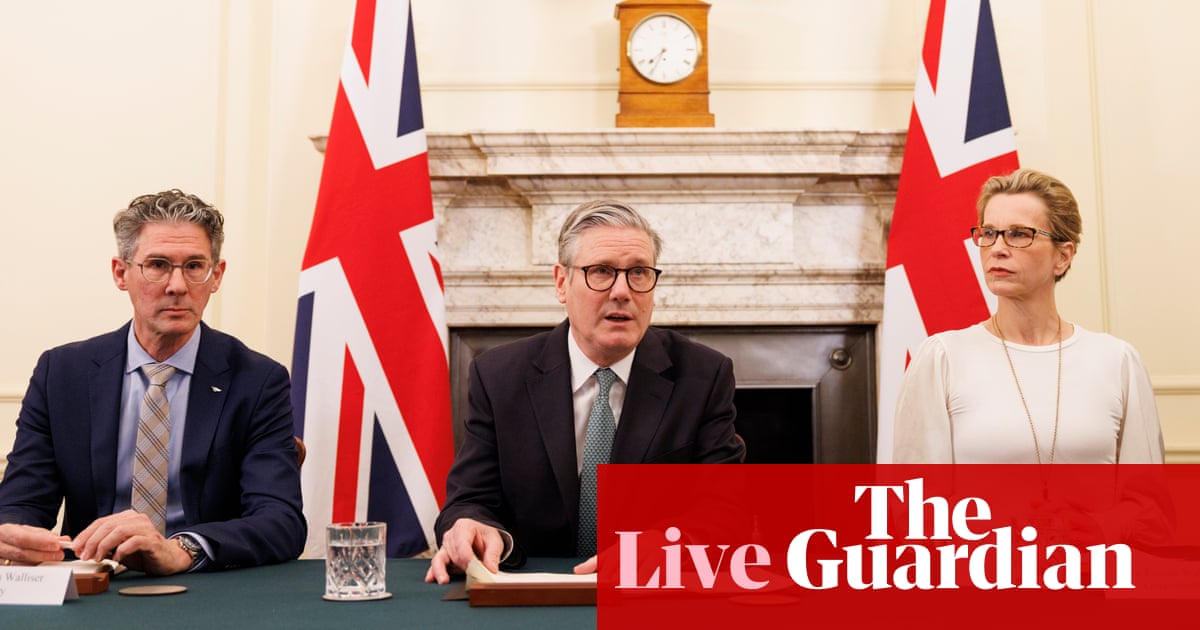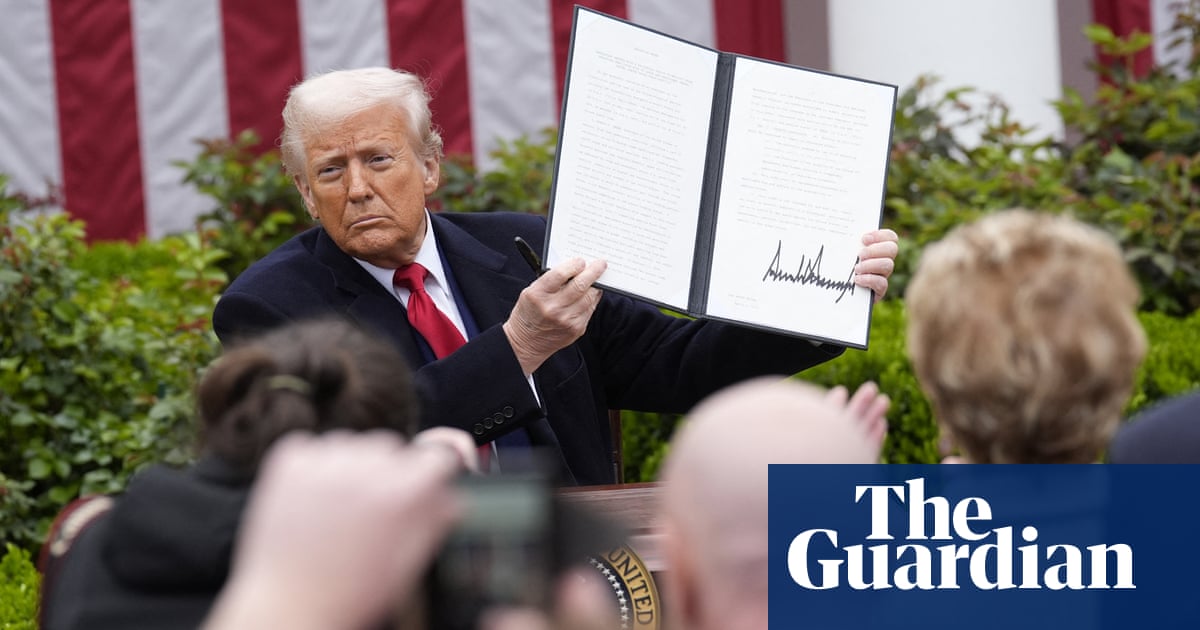The government, its water regulator and the Environment Agency could all be taken to court over their failure to tackle sewage dumping in England after a watchdog found failures to comply with the law.
An investigation by the Office for Environmental Protection (OEP) found Ofwat, the Department for Environment, Food and Rural Affairs (Defra) and the Environment Agency (EA) all failed to stop water companies from discharging sewage into rivers and seas in England when it was not raining heavily. The OEP was set up in 2020 to replace the role the European Union had played in regulating and enforcing environmental law in the UK.
The law permits water companies to spill sewage only during exceptional circumstances such as extreme weather, but in reality human waste is routinely dumped in waterways even when it is not raining. Sewage is spilled into rivers and seas because in the UK there are combined sewage overflows (CSOs) into which water runoff from roads, sewage from homes and businesses, and “grey water” such as that from baths and washing machines all combine.
When this volume becomes too much and risks backing up into people’s homes, it is instead spilled into rivers and the sea. Water companies have failed over the years to update their sewage systems to stop this from happening, and the regulator and government both have legal duties to ensure the companies spill sewage only under extreme circumstances.
Helen Venn, the chief regulatory officer at the OEP, said: “The core issue identified in our investigation is the circumstances in which the regulatory system allows untreated sewage discharges to take place. We interpret the law to mean that they should generally be permitted only in exceptional circumstances, such as during unusually heavy rainfall. This is unless an assessment of the CSO concludes that the costs to address the issue would be disproportionate to the benefits gained.
“We will decide next steps when we have considered the responses to these decision notices. That could include court action.”
The OEP investigation followed the submission of a formal complaint two years ago by the campaign group WildFish.
Guy Linley-Adams, the in-house solicitor for WildFish, said: “What the OEP’s announcement has clarified is that much of the storm sewage pollution that is plaguing English rivers would not be occurring had government and regulators done their jobs properly. The Environment Agency must secure compliance with the 1994 regulations, which means it needs urgently to review the unlawful permits it has given to water companies to bring them into line with the law.”
Defra, Ofwat and the EA have each been sent a notice by the OEP outlining the findings and saying what steps each needs to take to put matters right. They have two months to respond and confirm whether they will take the steps required; if they do not do so, the watchdog could take them to court.
The investigation found Defra failed to comply with the law by drafting guidance for water companies and regulators that did not reflect the true legal extent of their duties not to stop sewage being spilled, and failing to make enforcement orders when waste was being dumped.
It also found Ofwat was failing to comply with the law as the regulator was not cracking down hard enough on water companies. The notice served said Ofwat was “failing to take proper account of environmental law with regards to duties on sewerage companies and its duty to make enforcement orders” and “failing to exercise its duty under environmental law to make enforcement orders”.
Ofwat is due to announce on Thursday how much water bills can rise by over the five years from next April.
The EA failed to comply with environmental law in three different ways, according to the OEP investigation. These include failing to take proper account of environmental law in devising guidance relating to permit conditions, setting permit conditions that were insufficient to comply with environmental laws and failing to exercise permit review functions in relation to discharges from CSOs. This meant the agency was found to be too lax in allowing water companies to spill sewage; they could not do so without a permit issued by the agency and the EA was allowed to review or revoke these if they were being inappropriately used.
An EA spokesperson said:“We recognise regulation of the water industry needs to improve, which is why we are transforming our approach with more people, powers and data alongside better training for our staff. This is ensuring we have a water system fit for people and the environment. We’ve also made significant progress in addressing the issues identified by the OEP and are consulting on updates to our permitting approach and regulatory framework for storm overflows.”
A spokesperson for Ofwat said: “We are actively taking steps to remedy the issues the OEP has identified. We will continue to prioritise our enforcement investigation into all wastewater companies which started in 2021 to ensure that companies are meeting their environmental obligations.”
Defra was also contacted for comment.
The government has also announced that water companies will be forced to double compensation for customers who experience tap water outages, sewage floods, boil water notices or low water pressure. Consumers will be automatically paid up to £2,000 under the new scheme.
This year, tens of thousands of homes in Brixham were left without clean drinking water after the parasite cryptosporidium was found in the supply. Many were told to boil water before using it for a month. Water companies have been accused of failing to properly compensate those who face these disruptions to their supply and damage from sewage flooding their homes.

.png) 3 months ago
33
3 months ago
33













































